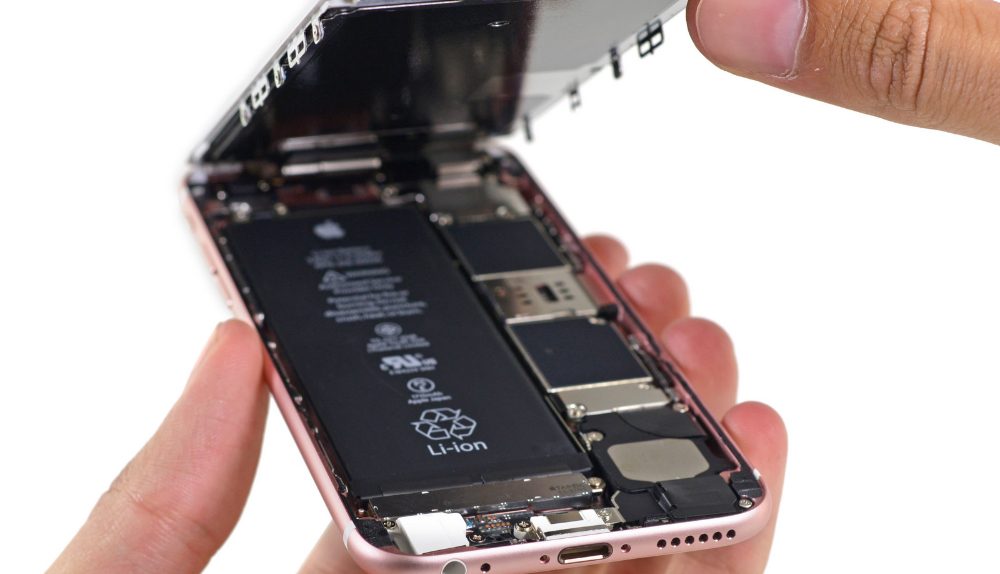Many governments are looking for Apple to give them a way into the iPhone so that law enforcement agencies can access it to retrieve personal data from a suspect’s iPhone that might lead to a breakthrough in a case.
Apple doesn’t want to give anyone that kind of access and can’t even do it on newer devices that run iOS 8 or later. The company offers end-to-end encryption protection on its devices, a point it made several times, and the encryption is so sophisticated it can’t be broken.
If you want a more detailed explanation, here’s why Apple can’t really unlock modern iPhones.
DON’T MISS: Comcast’s attempt to bash Google Fiber backfires hilariously
As Macworld notes, cryptographic expert and university professor Matthew Green explained in October 2014 that ever since the A7 chip was launched, Apple added an extra layer of protection in the iPhone, a Secure Enclave chip that can resist brute-force attacks whose aim is cracking the lock screen passcode by repeatedly trying to guess it.
The enclave uses local information from the device combined with the passcode to make brute-forcing even more difficult. Starting with iOS 9, Apple has improved passcode security by moving to six-number passes that replace the four-digit PINs used until then. This ensures that an attacker wouldn’t be able to crack a device even if they had physical access to it for many months to guess a password.
Attacks also can’t be done remotely, as each A-series chip (at least A7 or later) has a unique Secure Enclave that can’t be replicated on a different system.
Moreover, Apple already encrypts communication apps including iMessage and FaceTime.
There’s also one more argument not many people from these governments seem to grasp: Building a backdoor into the iPhone is not the way to go. Yes, such a practice might prove to be helpful to law enforcement and ultimately save lives.
But the mere fact that certain governments would obtain access to an encrypted device with help from Apple would be enough for rogue hackers or state enemies to hunt for the secret that makes such access possible. And since it would be baked into the iPhone’s software, anyone smart enough to decipher Apple’s code would ultimately find ways of compromising the security of the device and even use that same backdoor that governments want for themselves.
There’s likely no easy way to whitelisting certain agencies when it comes to backdoor access – or if there is, nobody is detailing it.
One researcher theorized that there would be a way for Apple to help law enforcement agencies keep an eye on encrypted messages and FaceTime chats if the company so desires – more details about it are available at this link.




